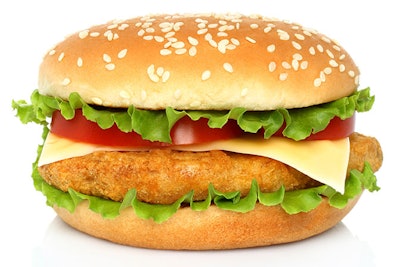
Brands looking to replicate the viral success of the chicken sandwich wars shouldn’t be afraid to have fun and experiment with ad campaigns, said Steve Lerch, an expert in internet marketing and President of Story Arc Consulting.
Viral marketing fuels sales
American consumers were captivated last year when rival quick service restaurant chains Chick-fil-A and Popeyes battled for fried chicken sandwich supremacy. The resulting Twitter feud generated major buzz and the Popeyes sandwich sold out in less than two weeks. When the brand relaunched its sandwich in November, sales increased by more than 34% that quarter.
“I think the way the brands responded to each other, the way their advertisements were so much less serious and so much more grounded in talking to and about their competitors. I think that's a really valuable lesson for brands,” Lerch explained. “Nowadays, I think all generations of consumers have embraced a sort of different voice from advertisers.”
Consumers have changed
Modern consumers see more ads daily than ever before, between social media and television and store aisles. Everything is monetized. Everything is branded. Everything is sponsored.
“Getting attention is everything now. Brands need to find unique ways to stand out. It doesn’t have to be making fun of competitors. It could be weird or different or emotional or dramatic. I think anything that gets away from the formula gets attention,” Lerch said.
Keep on top of trends
Marketers looking to keep on top of viral trends shouldn’t be afraid to experiment. They can even do so in low budget ways. The modern consumer is increasingly getting comfortable with content filmed on an iPhone.
Before trying something new, it’s important that brands have ways they can measure success and understand if the experiment provided value.
“If you try to be funny and weird and embrace a new TikTok dance or whatever, you're going to swing and miss a lot of times, but in all likelihood, the negative impact of that on your business is negligible. People aren't going to stop buying your product because you made a lame attempt at a TikTok video,” Lerch explained. “But if you get it right, now you're a part of this viral trend and the positive impact is huge.”
Like what you just read? Sign up now for free to receive the Poultry Future Newsletter.


















